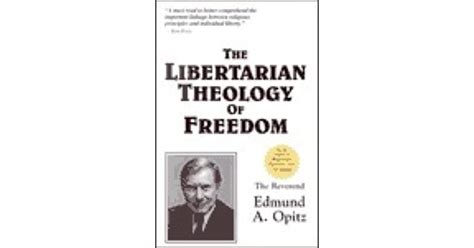A Quote by Valerie Plame
These are issues we've been grappling with since the Constitution was written: how you hold your government to account for its words and deeds. It's all about power and the abuse of power.
Related Quotes
A constitution is not the act of a government, but of a people constituting a government; and government without a constitution is power without a right. All power exercised over a nation, must have some beginning. It must be either delegated, or assumed. There are not other sources. All delegated power is trust, and all assumed power is usurpation. Time does not alter the nature and quality of either.
The important distinction so well understood in America between a constitution established by the people, and unalterable by the government; and a law established by the government, and alterable by the government, seems to have been little understood and less observed in any other country. Wherever the supreme power of legislation has resided, has been supposed to reside also, a full power to change the form of government.
Power is the great evil with which we are contending. We have divided power between three branches of government and erected checks and balances to prevent abuse of power. However, where is the check on the power of the judiciary? If we fail to check the power of the judiciary, I predict that we will eventually live under judicial tyranny.




































